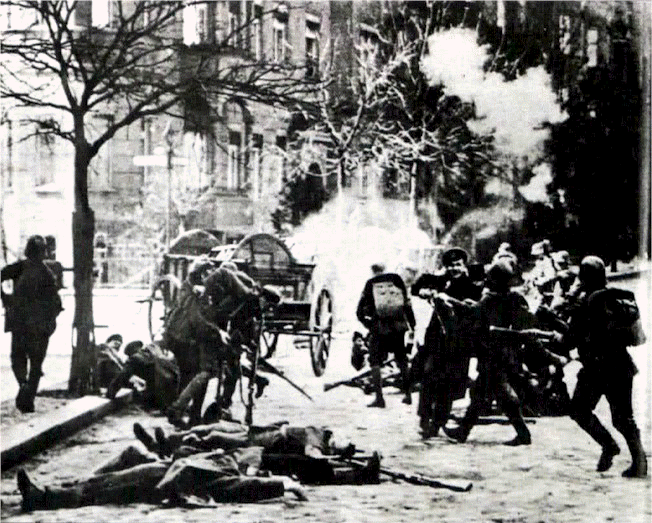WORLD WAR TWO IN EUROPE

PRE HITLER GERMANY
Anger, Problems and Hope
At the end of this section:
Students will be able to recall the various circumstances accounted for the rise of Adolf Hitler and the Nazi Party.
TREATY OF VERSAILLES – A ‘DIKTAT’
The representatives of the major European powers at the 1919 Paris Peace Conference hoped that WWI would be ‘the war to end all wars.’ At the same conference, the victors presented Germany with the Treaty. They believed that Germany must pay for WWI. However, to the German delegates, the Treaty was an unfair one. It was a ‘Diktat. They were angered by the fact that they had no say in the negotiation of the terms. They simply were told to sign it.
Back at home in Germany, many shared the same sentiments as the delegates. When they heard about the Treaty, they were angry. It was an unfair treaty!
But why did the German delegates and German people feel that way? Watch the video below to recap on the impact of WWI and the Germany’s reaction to the Treaty of Versailles.
Apart from the harsh imposition of terms through the Treaty of Versailles, Germany after WWI also struggled to regain its status. She experienced both political and economic instability. The instability would soon paved way for the rise of Adolf Hitler and the Nazi Party.

UNHAPPINESS WITH THE WEIMAR GOVERNMENT
In February 1919, Germany’s new republican government was declared in the town of Weimar. It became known as the Weimar Republic. Led by Friedrich Ebert, the new republic looked perfect.

However, the Weimar Republic faced many problems - the greatest problem was within Weimar Republic itself. Weimar government did not provide the people with good, strong and effective leadership. The constitution gave the President, the states and the army too much power. The structure of the government and the system of proportional representation created an unstable government. There were many political parties in the government. So, there was a high chance that people would quarrel with one another and decision making would take a long time.
Moreover, there were many attempts to seize power. In 1918 and 1919, the Spartacists and the Free Corps challenged the government.

Situation did not improve and the worst crisis happened in 1923 when the French forces invaded Ruhr to force Germany to pay reparations. As a result, it led to hyperinflation.
This implied that the government cannot deal with Germany’s severe economic problems. More importantly, the German people became increasingly disillusioned.
